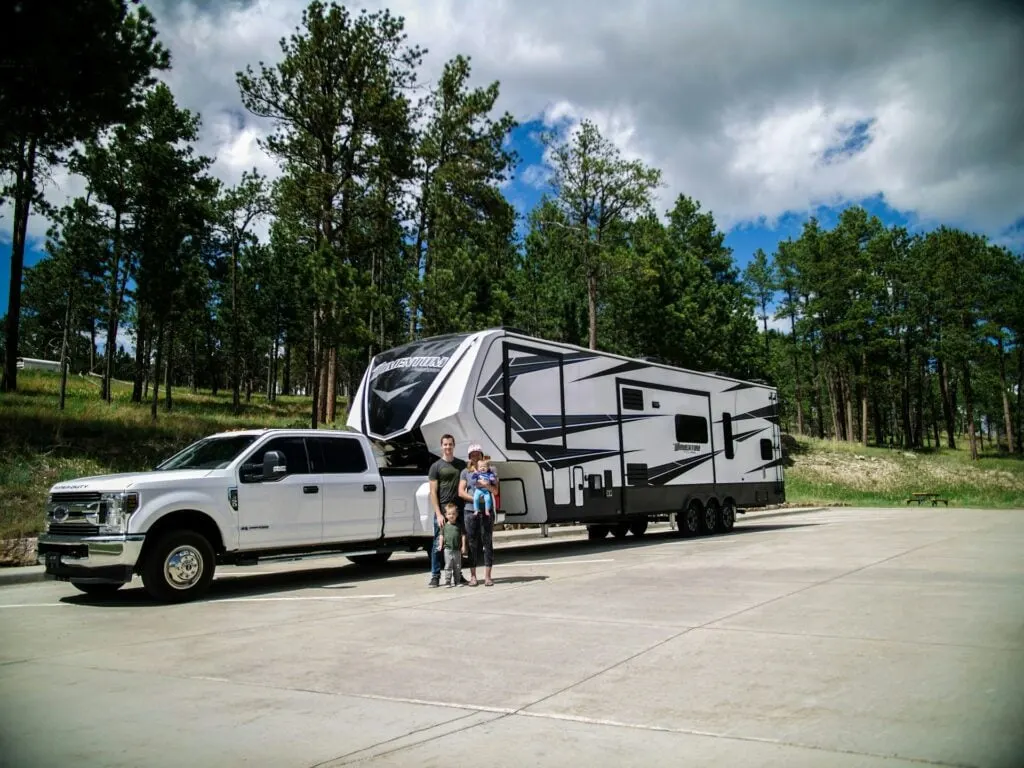
Thinking about buying an RV? There are some hidden costs you need to know about first!
While the idea of hitting the open road and exploring new places is exciting, it’s important to understand the true cost of RV ownership. Here are the hidden costs you might not have considered.
1. Maintenance and Repairs
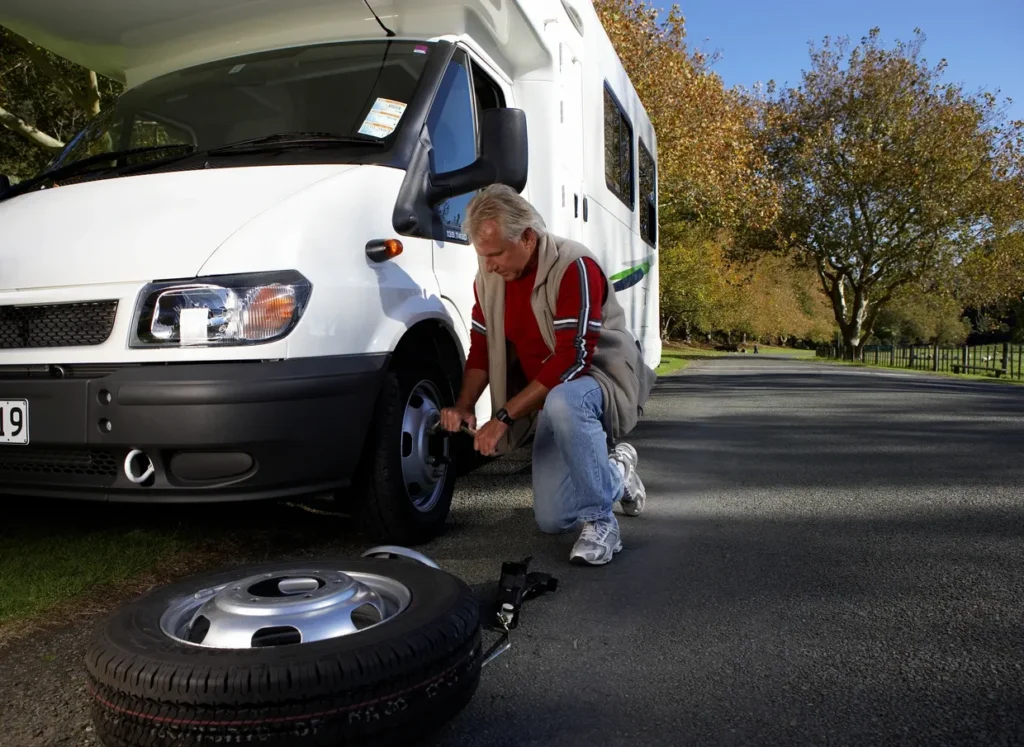
Regular maintenance is key to keeping your RV running smoothly. This includes tasks like oil changes, tire replacements, and brake checks. These routine services can add up quickly.
Unexpected repairs can also pop up at any time, from engine issues to plumbing problems. It’s a good idea to set aside an emergency fund for these surprises.
Staying on top of maintenance helps prevent bigger, more expensive problems down the road. By keeping your RV in good shape, you’ll enjoy more worry-free adventures.
2. Fuel Costs
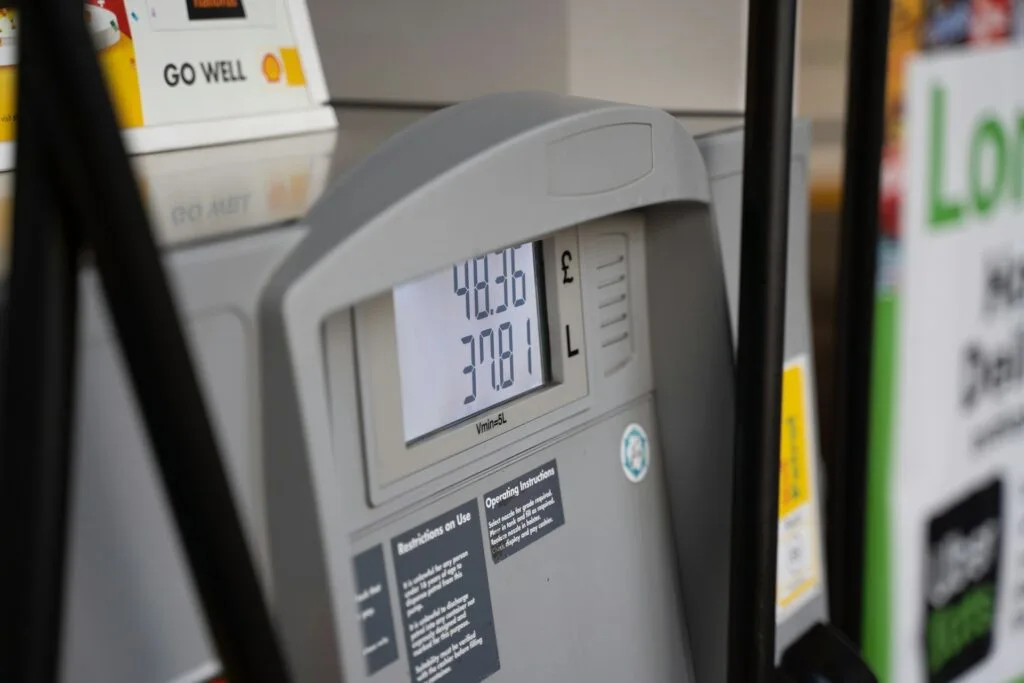
Fuel costs can add up quickly when traveling in an RV. RVs aren’t known for their fuel efficiency, and long-distance trips can lead to high expenses at the pump.
To save on fuel, plan your routes carefully and try to drive at a steady pace. Staying in one location for longer periods can also help reduce the frequency of fill-ups.
Using apps to find the cheapest gas prices along your route can make a big difference. By managing your fuel costs, you can enjoy your travels without breaking the bank.
3. Insurance
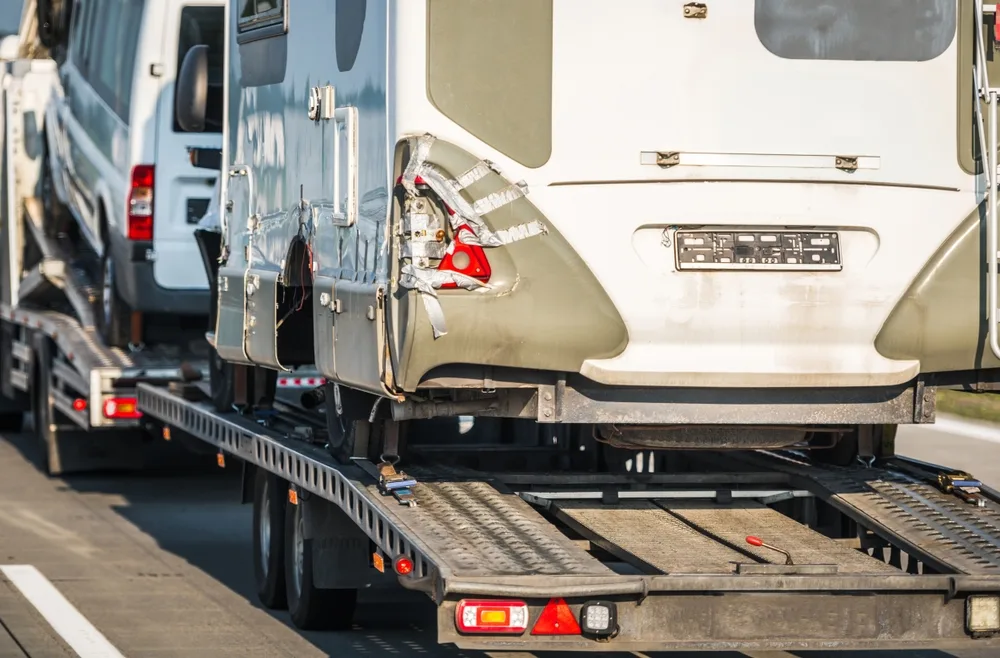
Insuring your RV is different from insuring a car and can be more expensive. You’ll need both auto and RV-specific coverage, which includes liability, collision, and comprehensive insurance. The costs can add up quickly, especially if you have a larger or more luxurious RV.
The size, age, and type of your RV will impact your premiums. Newer and larger RVs generally cost more to insure due to their higher value and repair costs.
It’s important to shop around and compare rates from different insurers to find the best deal. Don’t forget to ask about discounts for things like safe driving or bundling with other insurance policies.
Review your policy regularly and update it as needed to ensure you’re fully covered. With the right insurance, you can enjoy your RV adventures without worrying about unexpected expenses.
4. Campground Fees
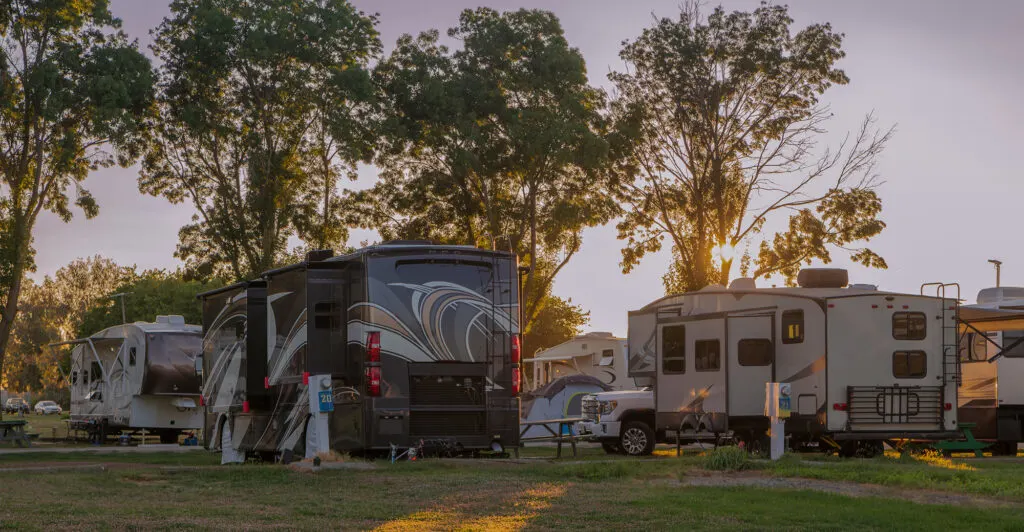
Campground fees can vary widely, and they add up quickly. Staying at a well-equipped campground with full hookups can be pricey, especially during peak seasons.
To save money, look for discounts and join RV clubs that offer reduced rates at member campgrounds. Consider boondocking on public lands, where fees are minimal or nonexistent.
Planning your stays in advance and researching affordable sites can help you manage these costs. By being savvy about where you park, you can keep campground fees from eating into your travel budget.
5. Storage Fees
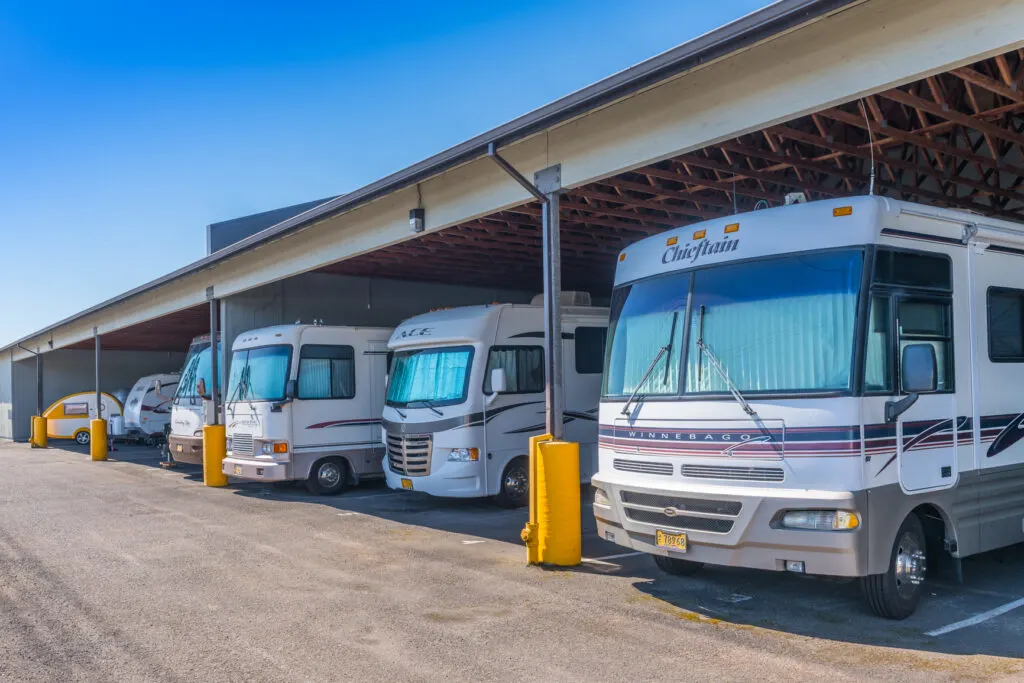
If you don’t have space at home to park your RV, you’ll need to pay for off-season storage. Storage fees can vary widely based on location, the size of your RV, and the type of storage facility you choose.
Covered storage offers protection from the elements but can be more expensive than uncovered lots.
Indoor storage provides the most protection but comes at a premium price. Additionally, some facilities offer amenities like 24/7 access, security features, and maintenance services, which can add to the cost.
To save money, look for cost-effective options like shared storage spaces with friends or family, or discounted rates for long-term contracts. Research different facilities in your area and compare prices and features.
6. Depreciation
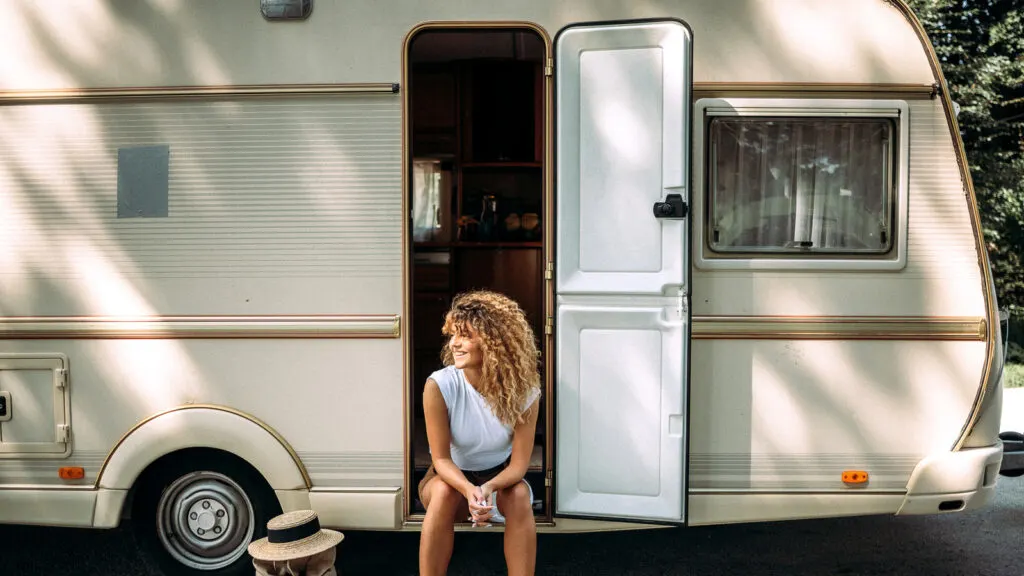
RVs depreciate quickly, losing value as soon as you drive them off the lot. The resale value of your RV will decrease over time, which can impact your long-term investment.
It’s important to be aware of this when buying an RV, especially if you plan to sell or trade it in the future. Regular maintenance and care can help slow down depreciation, but it won’t stop it entirely.
Understanding depreciation helps you make better financial decisions and manage your expectations about the value of your RV over time. Keep this in mind to better plan your RV ownership costs.
7. Upgrades and Customizations
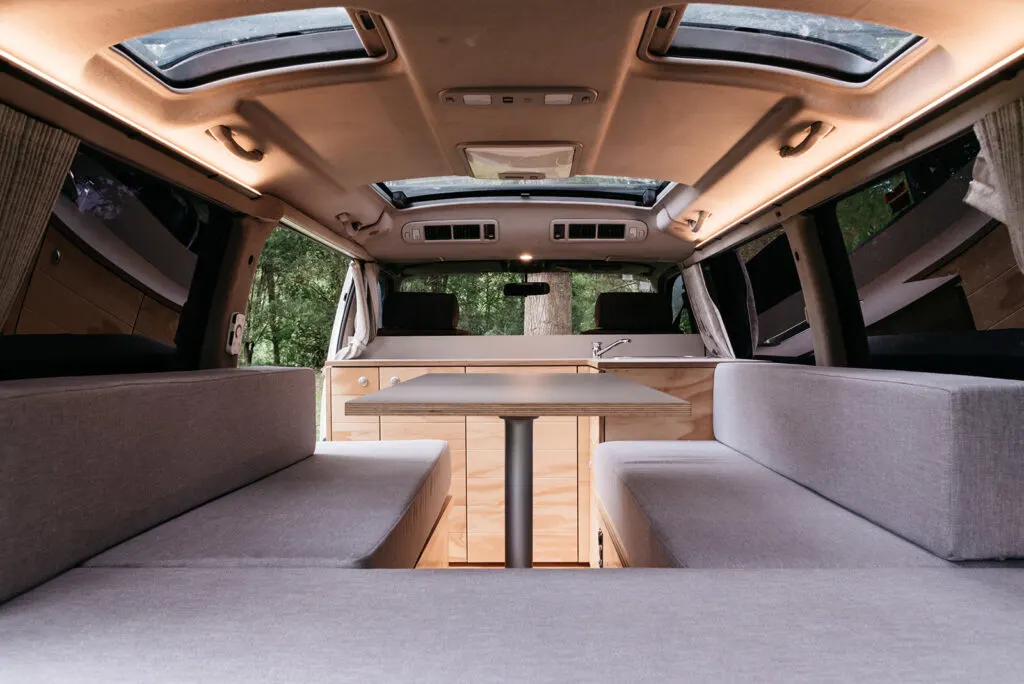
Upgrading and customizing your RV can be exciting, but it comes with added costs. Whether it’s installing solar panels, upgrading the interior, or adding new technology, these improvements can be pricey.
Before diving into upgrades, make a list of what’s most important to you and prioritize those changes. Set a budget for upgrades and stick to it to avoid overspending.
Remember, not all upgrades will increase the resale value of your RV, so focus on those that enhance your comfort and enjoyment. By planning and budgeting carefully, you can make your RV feel like home without breaking the bank.
8. Utilities and Hookups
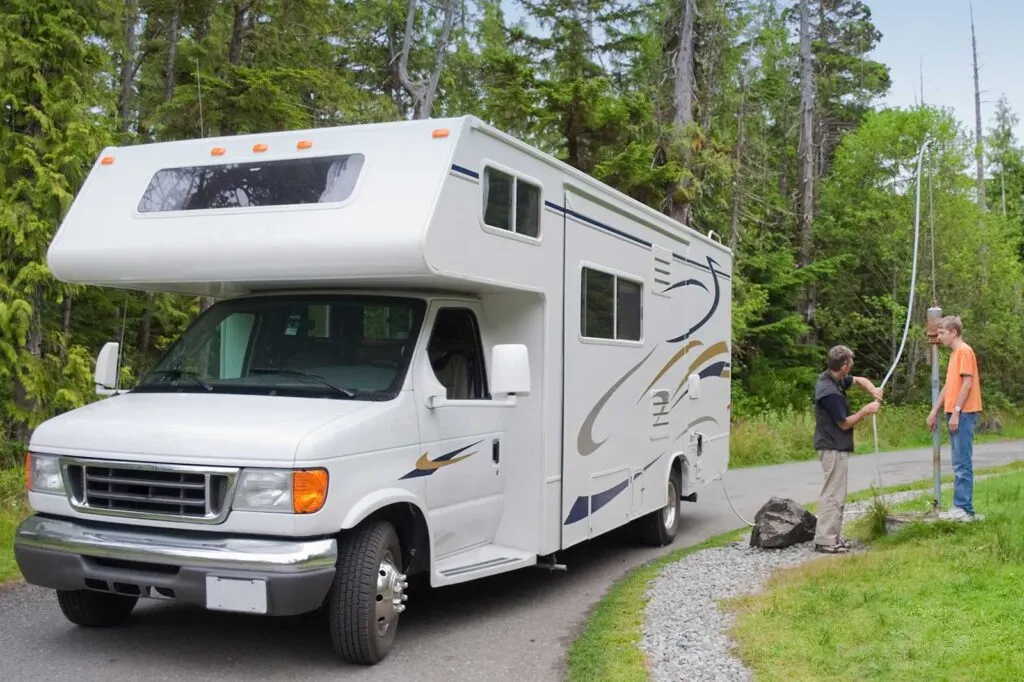
Staying at campgrounds with full hookups means you’ll be paying for utilities like electricity, water, and sewage. These costs can vary widely depending on the campground and location.
To manage these expenses, consider using energy-efficient appliances and be mindful of your water usage. Staying at campgrounds with inclusive rates can also help you budget better.
If you prefer boondocking, you’ll need to factor in the costs of propane for heating and cooking, as well as additional water storage and waste disposal solutions.
Being aware of these utility costs helps you plan your budget and enjoy your RV travels without surprises.
9. Licenses and Registration
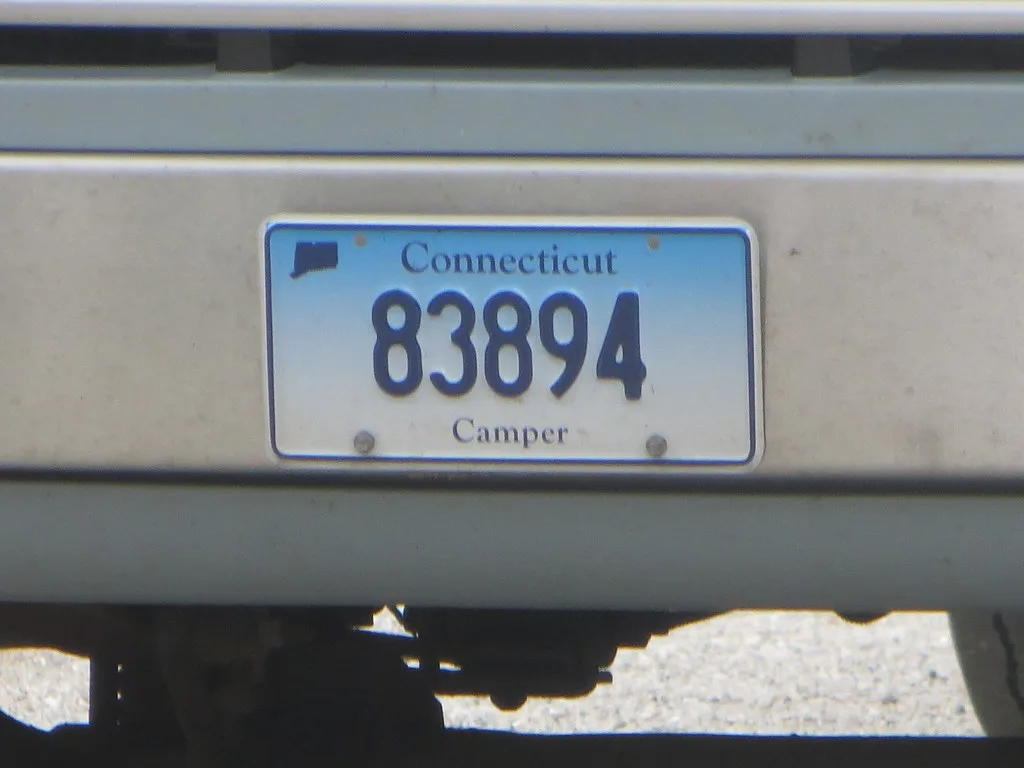
Licensing and registering your RV can be another significant expense. These costs vary by state and depend on the size and type of your RV.
Make sure to check the requirements in your state to understand the fees involved. Some states have higher fees for larger or newer RVs.
Additionally, you might need special permits if your RV exceeds certain dimensions. Budgeting for these annual or biennial costs ensures you stay compliant and avoid any unexpected expenses. Being prepared helps keep your RV adventures hassle-free and legally on the road.
10. Miscellaneous Expenses
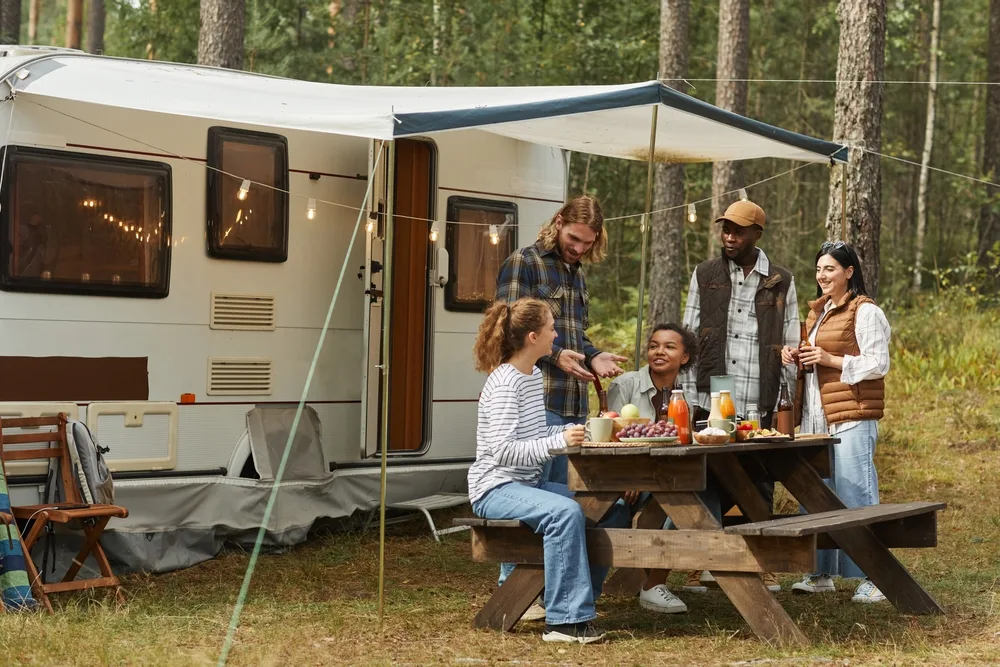
Miscellaneous expenses can add up quickly when you’re living the RV lifestyle. This includes things like cleaning supplies, propane, and seasonal items such as snow chains or sun shades.
Don’t forget the cost of everyday items like toiletries, kitchen supplies, and replacement parts for minor repairs. Unexpected purchases, like new gadgets or camping gear, can also pop up.
To manage these costs, set aside a portion of your budget for miscellaneous expenses. By planning for these little extras, you can avoid financial surprises and enjoy a smoother RV experience.
Keeping track of these expenses helps you stay within budget and ensures you’re always prepared.
The Real Cost of RV Ownership
By understanding these hidden costs, you can better prepare for RV ownership and enjoy your travels without financial surprises. Happy RVing!
Knowing what to expect will help you budget more effectively and ensure that you can fully enjoy the freedom and adventure that come with RV life.
